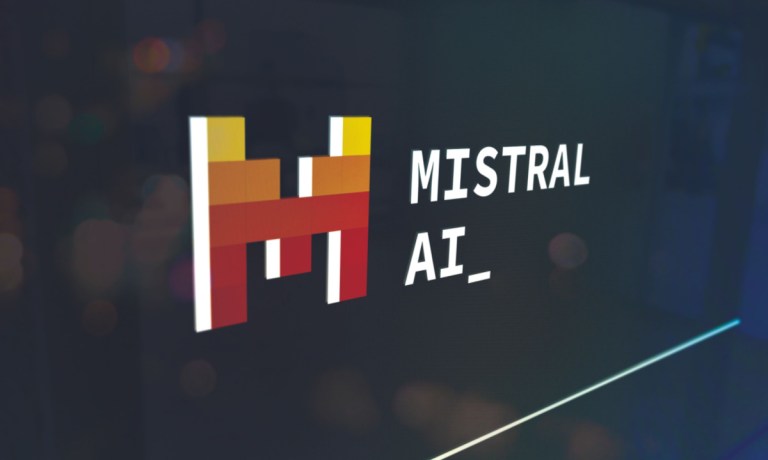The French startup has been in talks with investors about raising several hundred million dollars, The Information reported Tuesday (April 16), citing a source with direct knowledge of the matter. The report notes that it’s not clear which investors Mistral had approached.
The report notes that Mistral’s investors include Andreessen Horowitz — which just raised $7.2 billion for projects that include artificial intelligence (AI) startups — Lightspeed Ventures and Microsoft, a frequent partner/backer of Mistral rival Open AI.
Mistral was valued at around $2 billion in December of last year after raising $415 million. The company also raised $113 million in what was dubbed at the time as Europe’s largest-ever round of seed funding.
Contacted by PYMNTS, Mistral declined to comment.
Earlier this year, Microsoft said it was investing $16 million in the company, while also making the startup’s latest model available to its Azure cloud service customers.
Advertisement: Scroll to Continue
The partnership grabbed the attention of the European Commission, which said it would look further at the Microsoft-Mistral deal as part of a wider probe into partnerships between Big Tech companies and AI startups.
“What is emerging shows even more that it was good not to water down our ambition on the safety of [general purpose AI] models with systemic risks, following legitimate but strong lobbying from companies like Mistral,” said Brando Benifei, a member of the European Parliament who helped oversee the drafting of the EU’s AI Act.
Mistral — like Google and OpenAI — also recently kicked off the most iteration of its AI model recently, prompting PYMNTS to note the new surge in industry rivalry, that could be setting the stage for an range of innovative commercial applications.
“With the diversity of models, it means that there will ultimately be many applications,” Muddu Sudhakar, co-founder and CEO of the generative AI company Aisera, said in an interview with PYMNTS last week.
“There are also advances with innovations like agents, which will help automate tasks on our behalf. It could do research for us, say, to plan a trip or buy a car or buy a house. Or it can do this for more advanced use cases, like drug discovery.”
However, Sunil Srivatsa, CEO of software development firm Storm Labs, told PYMNTS the new models only incremental improvements over existing versions.
“The main benefits of these models are supporting multiple modalities and being able to handle increasingly more complex logic and reasoning,” he said. “We will probably have to wait for GPT-5 to see the next big leap in performance.”

